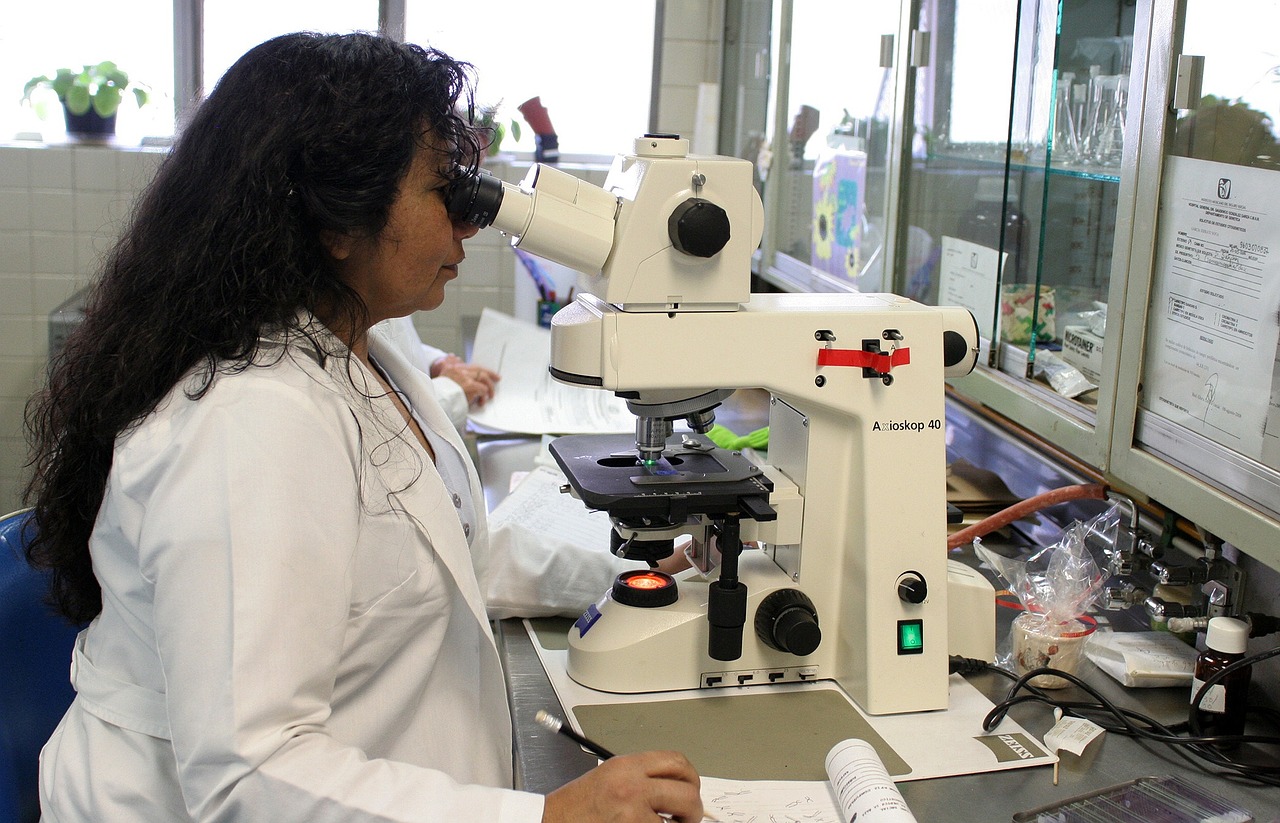For biotech startups, navigating the maze of funding rounds is crucial for driving innovation and bringing ground-breaking discoveries to fruition. From early-stage research ventures to established biotech companies, understanding the nuances of funding rounds is paramount.
In this funding rounds guide, we’ll delve into the various stages of financing, tailored specifically to startup companies within the biotech industry.
Where does the money come from?
For most Biotech, Biopharma and MedTech companies, funding comes from grants, private investments, personal savings and loans. For example:
- VC companies make up a large portion of where funding comes from. Arch Ventures is a great example.
- Non-profits such as the Bill & Melinda Gates Foundation.
- Companies in the industry for example Agilent and Illumina.
- Angel Investors are people investing their own money in a small business in exchange for a minority stake.
- Asset management
- Governments and government foundations such as the NIH
- Hedge Funds
- Accelerators / Incubators that support early-stage businesses through mentoring and exposure to further funding.
Types of funding round:
- Grant – is a financial award given by governments, international institutions, universities etc. It is like a gift as the grant-maker won’t receive equity or payment back. For example, the European Innovation Council (EIC) has given grants to many startups.
- Pre-Seed – The earliest stage of funding a new company comes so early in the process that it is not generally included in the funding rounds. Known as “pre-seed” funding, this stage typically refers to when a company’s founders get their operations off the ground.
- Seed round – This is the first official funding stage and is typically used to help grow and develop an idea or a concept. At this stage, the funding money usually comes from people investing their own money from family and friends and Angel investors. Seed funding rounds typically raise between $500,000 to 2 million.
Series A-D+:
- Series A – This stage is important for developing a business plan that will generate long-term business profitability. A lot of companies use this round to commercialise their offerings. Typically, Series A rounds raise approximately 2 million to 15 million.
- Series B – This round is usually all about taking businesses to the next level, past the development stage. Companies typically have a customer base at this point and will use the funding to grow functions such as business development, sales, marketing, support etc. Typically, Series B rounds raise around 10 million to 60 million.
- Series C – This round is typically used by companies that have had success and are looking to use the money for new product development, expanding into new markets and acquisitions. Companies may use their Series C funding to help boost valuations before going through an IPO. Typically, Series C rounds usually used to raise between 40 million to 100 million.
- Series D + – This round of funding is usually done after a company has gone through an IPO and may need further funding to expand.
What are the challenges?
For most startups, funding is rarely an obstacle to establishing a successful venture. However, the landscape differs significantly in biotechnology.
Unlike consumer goods or software development, where proof of concept and prototyping expenses remain relatively modest, biotech ventures encounter steep costs from the outset.
Over the last year, we have seen more and more VCs wanting a lot of data and evidence that the technology brings a benefit to the customer before they will invest. From this, we have seen a trend in companies extending rounds so they can generate more data or asking for lower amounts of money while navigating an uncertain market.
Initial research and development demand access to specialized laboratories, industrial equipment, and costly chemical components. Additionally, recruiting highly skilled and trained personnel incurs substantial expenses. In general, start-up capital comprises a large percentage of the overall investment. Here are some of the common challenges startups face when seeking funding:
- High research and development costs: Biotech startups must allocate substantial funds to conduct preclinical and clinical trials, as well as to obtain regulatory approvals.
- Long development timelines: Bringing a biotech product to market can take many years due to rigorous regulatory processes and the need for extensive testing. This prolonged timeline means that startups may require funding for an extended period before generating revenue.
- Regulatory hurdles: Compliance with regulatory requirements from agencies such as the FDA or EMA is crucial for biotech startups. Navigating the complex regulatory landscape adds time and costs to the development process, making it challenging to secure funding without a clear pathway to approval.
- Access to talent: Building a talented team with expertise in areas such as biology, chemistry, and regulatory affairs is crucial for biotech startups. However, attracting and retaining top talent can be difficult, especially for early-stage companies competing with larger firms offering higher salaries and more significant benefits.
Interested in keeping up to date with biotech funding rounds? I provide monthly funding updates over on my LinkedIn profile. You can subscribe to find out more.
If you’re a biotech startup looking for talent, or you’d like to learn more about our recruitment services, submit your vacancy and a recruitment consultant that specialises in your biotech field will be in touch shortly.
Alternatively, are you seeking advice on your next move? I’m here to help. Register with us today to schedule a confidential discussion about your career prospects.





